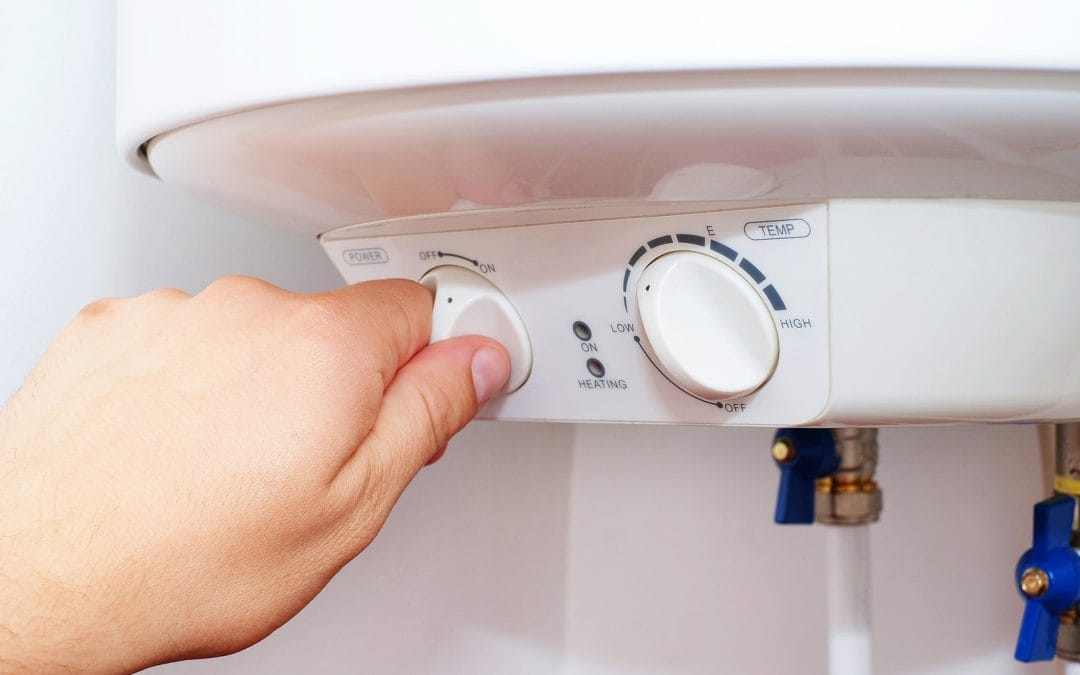Gas boilers are typically built to last, and a modern, highly efficient design can provide affordable, reliable central heating and hot water for over a decade in the right circumstances.
However, if the time is coming to consider a replacement, you might have done some research into a like-for-like electric boiler to act as a direct replacement.
Unlike a heat pump, which often requires some significant alterations to your pipework and home in order to fit a fundamentally different heating system, electric boilers tend to work far more similarly to gas ones, using electrical power to heat water.
In some respects, an electric boiler works like a giant kettle to heat water, and there are a lot of
positives to installing one in the right home.
However, there are other important considerations to make, especially if you are used to the reliability and running costs of a gas boiler.
Pro: Easier, Cheaper Installation
As long as you contact an accredited gas-safe engineer, conventional and combi boilers tend to be easy to set up, and electric boilers are often even easier.
Because they contain fewer moving parts and components and do not need to be connected to a gas line and condensate pipe to safely work, installation is far easier, as it consists primarily of connecting the new unit to the mains electricity and water supplies.
Con: More Expensive To Run
Whilst the running costs of an electric boiler compared to a gas one are quite complex, the latter is still the more affordable choice when it comes to overall running costs.
At a basic level, the cost of gas per kilowatt hour (kWh) is significantly cheaper, with gas prices capped at 6.33p per kWh compared to 25.73p per kWh for electricity.
Even the efficiency boost that comes with using an electric boiler is not enough to offset this higher expense, so unless you do not have access to a gas supply or have a lot of your electricity demand met by solar power, a gas boiler will be cheaper.
Pro: Longer Lasting
A major positive of electric boilers is that they retain their efficiency for longer and will tend to last longer than an equivalent gas boiler.
Whilst a gas combi boiler will tend to last up to 15 years of efficient service before many homeowners will start to look into a replacement, electric boilers can last up to a quarter of a century whilst retaining a remarkable level of efficiency.
The same elements that make them simple to install also make them easy to service and maintain, with fewer parts that need replacing.
Con: Electric Boilers Struggle In Larger Buildings
Electric boilers are typically used to replace combi boilers, providing both hot water and central heating, and they tend to be most effective in apartments and relatively small homes.
In larger homes and office buildings, however, they can struggle to meet heating demands, particularly when it comes to hot water.
Some electric boilers struggle, for example, to run two hot showers at once or a shower and a hot water tap, which can lead to frustration in bigger properties.
Gas boilers often get around this issue by using a hot water storage tank and supplying hot water through that rather than the direct approach of a combi boiler.
Pro: Better For The Environment
Electrical appliances generate no waste gas or carbon emissions, and whilst gas boilers have gotten far more efficient at condensing, exchanging and reusing waste heat, the act of burning natural gas will emit carbon dioxide as a byproduct of the process.
By contrast, electrical appliances are as good for the environment as the electricity used to run them, which if you have a provider that exclusively uses renewable sources or you invest in solar panels, could lead to net-zero or even net-negative emissions.
As a growing part of the UK’s power supply is made of renewable sources, choosing an electric boiler can have a big impact.
Con: Single Point Of Failure
One potential concern when it comes to electric heating is that it creates a single point of failure in your heating system; if you experience a power cut, not only do you lose your electronics but also access to hot water and heating.
As damage to power lines most commonly occurs in cold and stormy conditions, this could be particularly worrisome and would require some contingency planning to ensure that you have an alternative heating source until the power returns.
The alternative issue, where gas supply is disrupted, can be solved using space heaters or electric blankets.

